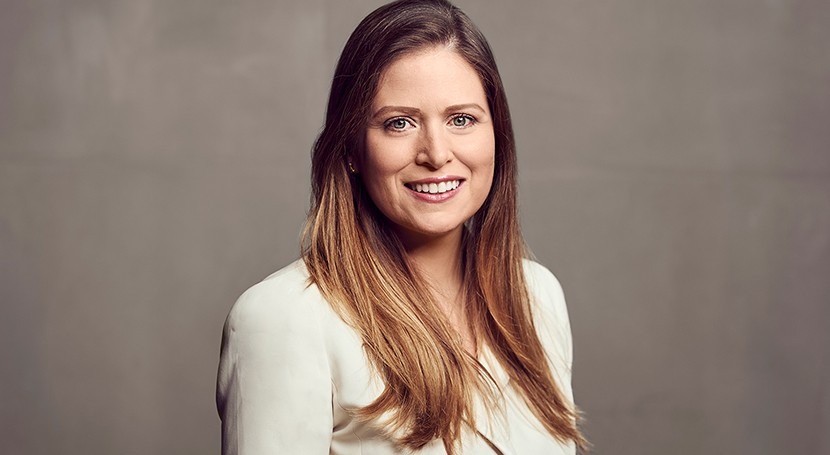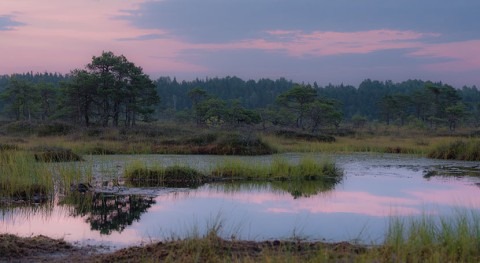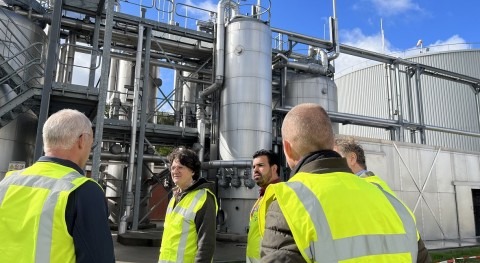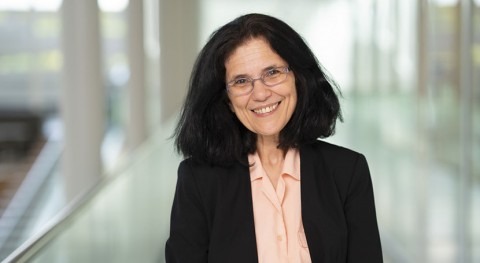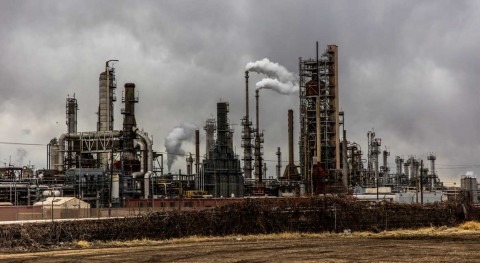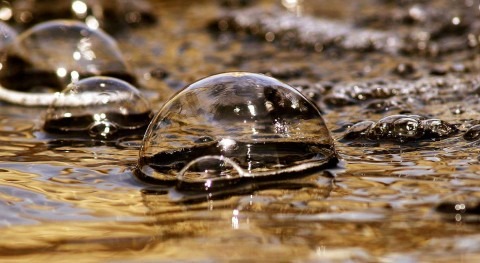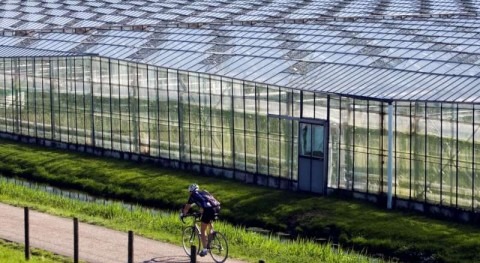In 2019, in an UN-backed report, experts warned of rising levels of toxic brine as a result of a growing number of seawater desalination plants being built around the world to meet growing water needs. The experts estimated that globally, plants discharge 142 million cubic metres of hypersaline brine every day. Nevertheless, there exist economic opportunities to use brine by recovering minerals and metals. The European Union has launched a recent project to recover these minerals. The Sea4value is a research project focused on retrieving valuable raw materials from brine to overcome the lack of local supply of minerals and metals in EU countries. In the future, brine could become the EU’s third-largest source of valuable raw materials. We speak with María Teresa López, Project Manager at the European Science Communication Institute (ESCI), to learn more about this novel project and an online seminar the institute is organizing.
Question: Sea4Value is a new research project that looks to convert part of the brine from desalination plants into the EU’s third-largest source of valuable raw materials. What raw materials does the project hope to recover? And what processes are being tested for this end?
Answer: The project originally targeted 9 minerals and metals: Molybdenum, Magnesium, Scandium, Vanadium, Gallium, Boron, Indium, Lithium and Rubidium.
After 21 months of experimental work, the scientific-technical committee decided to add calcium as the 10th target element, although it is officially not part of the value chain as it was intended in the proposal because is the second most recovered material by volume.
The project is testing 10 advance technologies for separation mechanisms, concentration and crystallisation: nanofiltration membranes for monovalent and multivalent ions separation; advance membrane crystallization; advance multi-effect distillation; ion-selective polymer inclusion membranes; electrodialysis with bipolar membranes; 3D-printed adsorption modules; ionic liquid solvent extraction; binary extractant solvent extraction; synergic solvent extraction combined with solvometallurgy; non-dispersive solvent extraction. All the technologies will be then integrated into a multi-mineral modular brine mining process.
Currently, all these technologies are being created or improved in our partner’s laboratories. Afterwards, during the last 18 months of the project’s lifetime, a moving lab will be designed and installed at 2 operating plants to validate the technical feasibility in 2 different oceanic settings: Mediterranean (Denia, Spain) and Atlantic (Fonsalia, Canary Islands, Spain).
Q: How will Sea4Value benefit desalination plants in Europe and around the world?
A: Compared to conventional mines, seawater brines are multi-mineral and are an enormous source as 19,744 plants are installed worldwide (and it is expected to grow around 7.8% yearly, according to International Water Association, 2017).
The business implications are massive. Embracing the Circular Economy approach and reusing the by-product of desalination plants (brines), new business opportunities arise for seawater desalinisation plants, making more cost-effective the entire process.
Compared to conventional mines, seawater brines are multi-mineral and are an enormous source as 19,744 plants are installed worldwide
A latent secondary effect of applying the Sea4Value findings is a sharp increase in water desalination efficiency: 80% recovery of freshwater for consumption, against 50% or less that is reached today.
And desalination plants could lower brine management costs, plus the benefits obtained from the elements recovered, this is expected to reduce global costs by between 10% and 15%.
Q: Could you tell us a bit about the consortium participating in this project?
A: This European project brings together 16 partners from Spain, Germany, Italy, Belgium, Ukraine, Netherlands, Finland and Switzerland. They represent think tanks, technology development entities, research centres, industrial companies and 6 universities.
Q: Sea4value is organizing an online seminar on May 11th titled: Innovative Technologies for Seawater Brines Revalorisation. What is the objective of the seminar?
A: The objective is to reinforce the project impact into specialised audiences, increasing the number of young professionals in raw materials, generating know-how and fostering entrepreneurship and research follow-up.
This is the first -out of 3 activities- that the project is organising among the student community. This one is intended for a broad audience and even undergrad students.
Q: Who will participate in the online seminar?
A: Undergraduate, masters´ and PhD students of the universities involved in Sea4Value: Universitat Politecnica de Catalunya, Universita della Calabria, Katholieke Universiteit Leuven, Dniprovsky State Technical University, Universitaet Bremen, Lappeenrannan-Lahden Teknillinen Yliopisto Lut.
The interest for Sea4Value really has no borders
But also, any university student that is interested in residues valorisation, Circular Economy solutions and minerals and metals. It is really open and free for all the university community, even to students outside Europe.
The interest for Sea4Value really has no borders. In September last year we presented the project - after receiving a request from a chemical professor - to students of the Northwest State Community College (Ohio, USA).
Q: How will the seminar be structured and what topics will be addressed?
A: The seminar will start early at 8:30, trying to match with the class schedule of the universities involved, with an opening from the Sea4Value Coordinator, Hannah Arpke (from EURECAT), at 8:40 the head of Waste and Circular Economy Line at EURECAT, Sandra Meca, will present the project to the students and at 9:10 will be a Q&A session to response all the enquiries arise by students, and finally the closing remarks by the Sea4Value coordinator.
Q: Finally, I would like to give you this space to invite SWM readers to participate in this online seminar.
A: This European project has attracted attention from the most diverse sectors and geographical areas: Saudi Arabia, Chile, Somalia, Kenia, Dominican Republic and the United States among other countries. This is an online opportunity to have first hand and direct information from the project ambassadors.
We invite and encourage all university students to join us and find out more about the project that is developing technologies to mine sustainably raw materials.
Register to Sea4value online seminar here.


